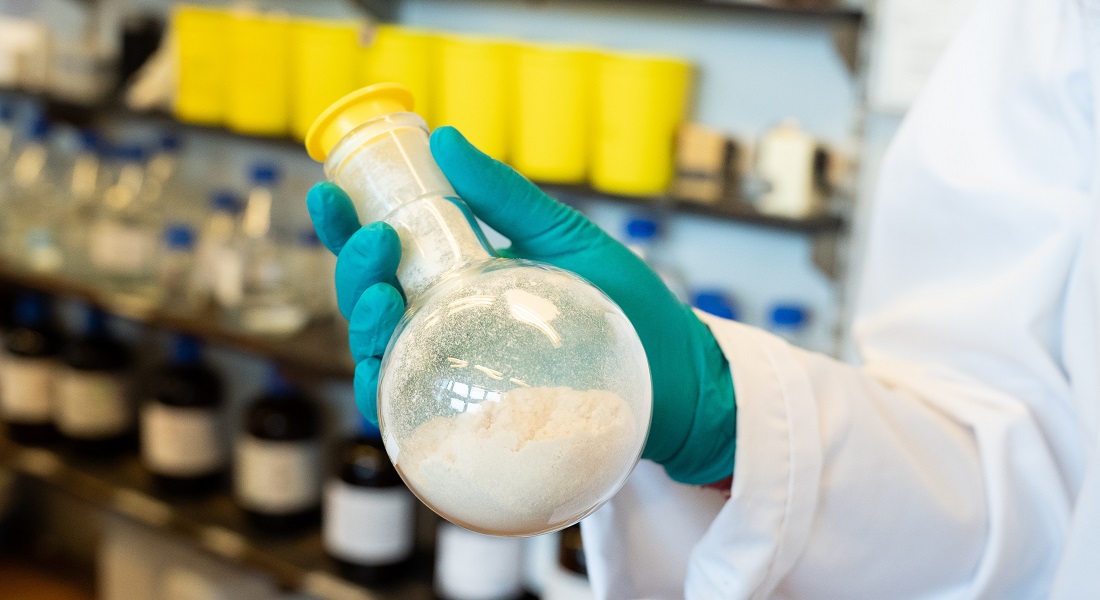
Lee Group - Catalysis
We are aiming to develop new catalytic methodologies for organic syntheses using state-of-the-art functionalized materials, contributing to society and scientific communities by providing solutions for current global issues, including desalination, carbon capture and conversion.
CO2-Upconversion
More than 13 gigatonnes of CO2 are released annually into the atmosphere as a result of fossil fuel combustion, causing climate changes and ocean acidification. In addition to carbon-capturing processes, CO2-functionalization using a catalytic process is an ideal solution towards creating more valuable resources to compensate the input energy in the conversion process. This work implies that industrial waste, namely CO2 can be transformed to industrially useful chemicals, serving as a fuel source. Additionally, we are highly focused on the development of unprecedented asymmetric catalytic protocols utilizing CO2. Our methodology development will be beneficial to understand the origin of chirality on Earth, which is one of the profound "unnatural" events on our planet. By taking advantage of knowledge in organo and organometallic asymmetric catalysis, we will provide ground-breaking synthetic methodology for constructing from small to large and complex molecules in enantioselective fashion from carbon dioxide.
Related publications:
Y. Yang, J.-W. Lee, Chem. Sci. 2019, 10, 3905.
M. Juhl, J.-W. Lee, Angew. Chem. Int. Ed. 2018, 57, 12318.
Desalination and Water Purification
The increasing scarcity of potable water (drinking water) has been dramatically emphasizing the importance of seawater desalination as a primary means to obtain an ample and safe fresh water supply. Recent global climate changes are seemingly accelerating the unpredictability of
secure water supply sources—even in developed countries—threatening society’s sustainable growth. Seawater is a seemingly limitless water source, but obtaining energy-efficient desalination processes is a formidable challenge. Our group aims at facile desalination processes using functionalized organic materials, organic porous polymers, and membrane systems.
A. R. Petersen, M. Juhl, A. Petrovic, J.-W. Lee, Eur. J. Org. Chem. 2021, 5003
CO2-Mediated Organic Synthesis
Kinetic and thermodynamic control of organic reactions provides a general tool for organic synthesis. Carbon dioxide, although it is thermodynamically stable, can be a beneficial additive and/or catalyst for organic transformation as Lewis and a Brønsted acid precursor. We are investigating the utility of CO2 to the fullest extent as a general catalyst providing unprecedented chemo- and even enantioselectivity by manipulating transition states and thermodynamic stability of desired products.
Y. Yang, L. Jian, F. S. Kamounah, G. Ciancaleoni, J.-W. Lee, J. Org. Chem. 2021, 86, 16867–16881.
M. Juhl, A. R. Petersen, J,-W. Lee, Chem. Eur. J. 2021, 27, 228
J. M. V. Lauridsen, M. Poderyte, J.-W. Lee, Green Chem. 2023, 25, 1332-1338.
Group members
| Name | Title | Phone | |
|---|---|---|---|
| Jiwoong Lee | Associate Professor - Promotion Programme | +4535333312 |
Contact
Ji-Woong Lee
Associate Professor
Office: B322
Phone: +45 3533 3312
E-mail: jiwoong.lee@chem.ku.dk
